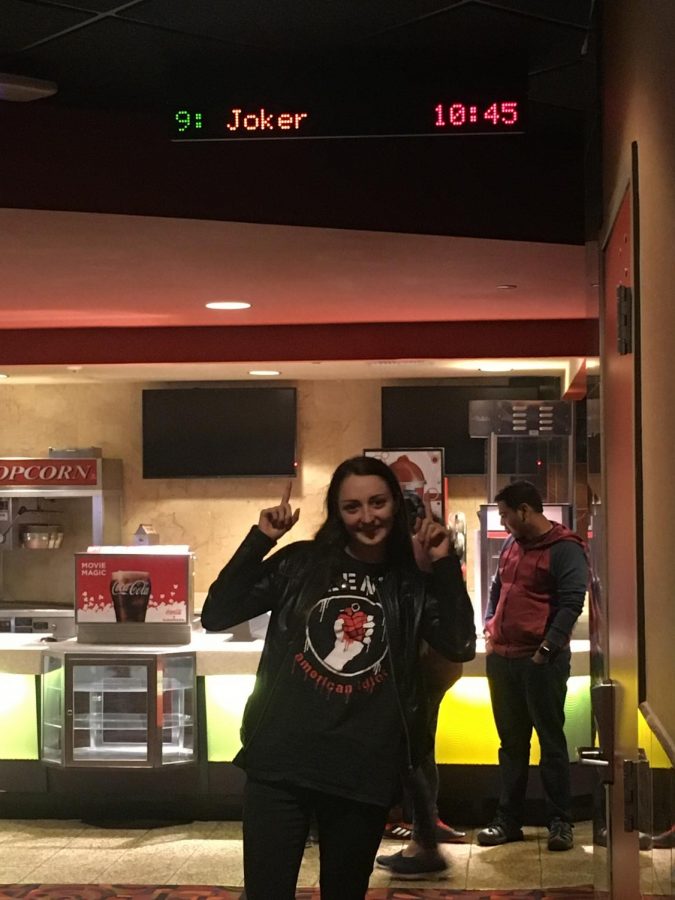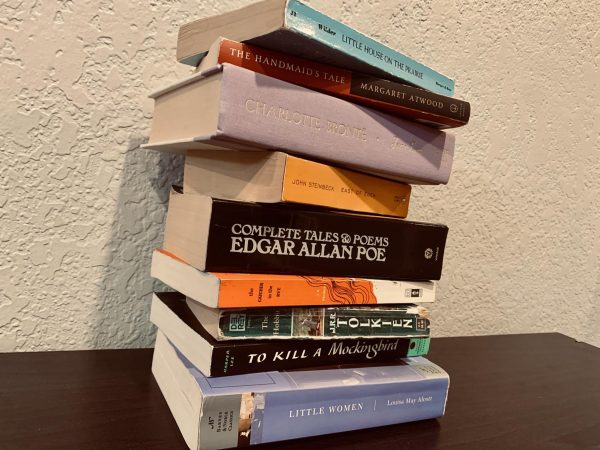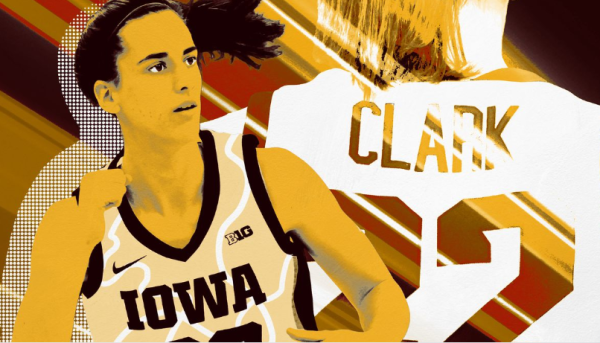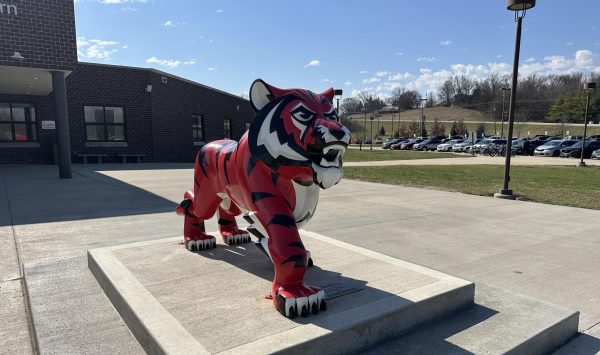Joker Movie Review
Photo by Tera Hamann
SPOILERS FOR JOKER MOVIE AHEAD
As we all know, Joker is a villain from the D.C. universe that rivals Batman. He’s infamous for his clown face paint, purple suit, and most of all, his maniacal laughter. But who is this unique, mastermind villain? Joker, a psychological thriller starring an unsettling and incredible performance from Joaquin Phoenix, shows who the Joker, or Arthur Fleck, actually is and how he became the villain we have known for decades.
Joker was released on October 4 2019 and sparked a lot of controversy regarding its depiction of mental illness, violence, views on society, and anti-hero main character. However, I think critics of this movie misjudged it. Yes, it was extremely uncomfortable to watch and against the societal norm, but that was the point. It was supposed to make you uncomfortable and raise questions, and here’s why.
Early on in the movie, Arthur Fleck is seen in an office talking with a therapist. It is revealed that the office is being shut down due to lack of funding and he might not be able to receive his medications anymore. This is a harsh reality for many Americans, as more than ten million adults have unmet mental health needs and many private insurances do not cover mental health and government spending on mental health programs are scarce. Arthur Fleck and his struggle with receiving adequate mental health care may be fictional, but it is very real for millions currently falling through the cracks of a broken system.
Throughout the movie, Arthur feels isolated and excluded from society. A few times during the film, you see parts of his diary and you can see his scribbles about how lonely he felt and even how it made him want to die. At his clown gig, his coworkers complain about how he makes them uncomfortable. His therapist told him, “No one gives a shit about people like you.” He gets severely beat because three college boys think he’s strange. His childhood idol and famous talk show host publicly makes fun of him, people avoid him when he’s out and about. and his neighbors find him to be scary. He is also seen being victim to several acts of violence, which is sadly accurate in that people who suffer from mental illness are at higher risk to this because of their differences. All of this is because he isn’t neurotypical, as he was completely nonviolent at this point and was actually very kind and caring towards others. As a society, we tend to fear those who aren’t just like us and turn our cheeks the other way, which Joker breaks down and announces on television when he asks the audience, “What happens when you cross a mentally ill loner with a society that abandons him and treats him like trash?”
The first scene is Arthur Fleck dancing in a clown suit with a sign for a store. A few hoodlums run up to him and steal his sign, causing Arthur to chase them. He follows them down a ditch and they severely beat him. Later in the movie, he has an outburst of laughter on a subway and gets attacked by three wealthy, elite, white college boys. It is later revealed that as a child, he was abused by his mother’s boyfriend. After all this violence Arthur endured throughout his life, it is understandable, of course not excusable, why he felt he needed to resort to homicide; he grew up knowing nothing else than violence and cruelty. In fact, one of his acts of violence was out of self defense, just taken too far. I understand why critics say it is an unhealthy depiction of mental illness because he was violent and that can perpetuate a stereotype that mentally ill people are dangerous, when in reality they are less likely to hurt someone than your average person. Joker wasn’t violent because he was mentally ill, as most critics say, but because he experienced so much of it, similar to how most criminals do not suffer from mental illnesses but had some sort of violent trauma, especially as children. It is worth noting that a lot of movies, even childrens movies, show violence towards the “bad guys” or the wrong-doers and no one bats an eyelash at the death of Gaston from Beauty and the Beast, for example.
Joker obviously did some very criminal things throughout the movie, but it was all executed in a way that makes you feel empathy towards him without necessarily rooting for him. We learn the motives behind Joker’s actions and feel for Arthur Fleck, but we don’t excuse what he is doing. He is hailed a hero by the impoverished and less fortunate living in Gotham City for being what I’d describe as a violent, nihilistic Robin Hood, and we understand why they cheer for him because we see how they suffer and how Joker’s violence drove Gotham City to rethink politically and overthrow those who abuse them, but we see a city in flames, people dying, and an anarchy forming and know that what was going on was wrong, showing that the movie does not condone violence.
Joker was a great, thought-provoking movie that everyone old enough should watch. It gives a stark insight on the mentally ill and those who fall through the cracks of society. We have a lot to learn and change as a society, and Joker depicts exactly this, even if it is rather dark and nihilistic, and really, it’s in the nature of Jokers character to be controversial.












